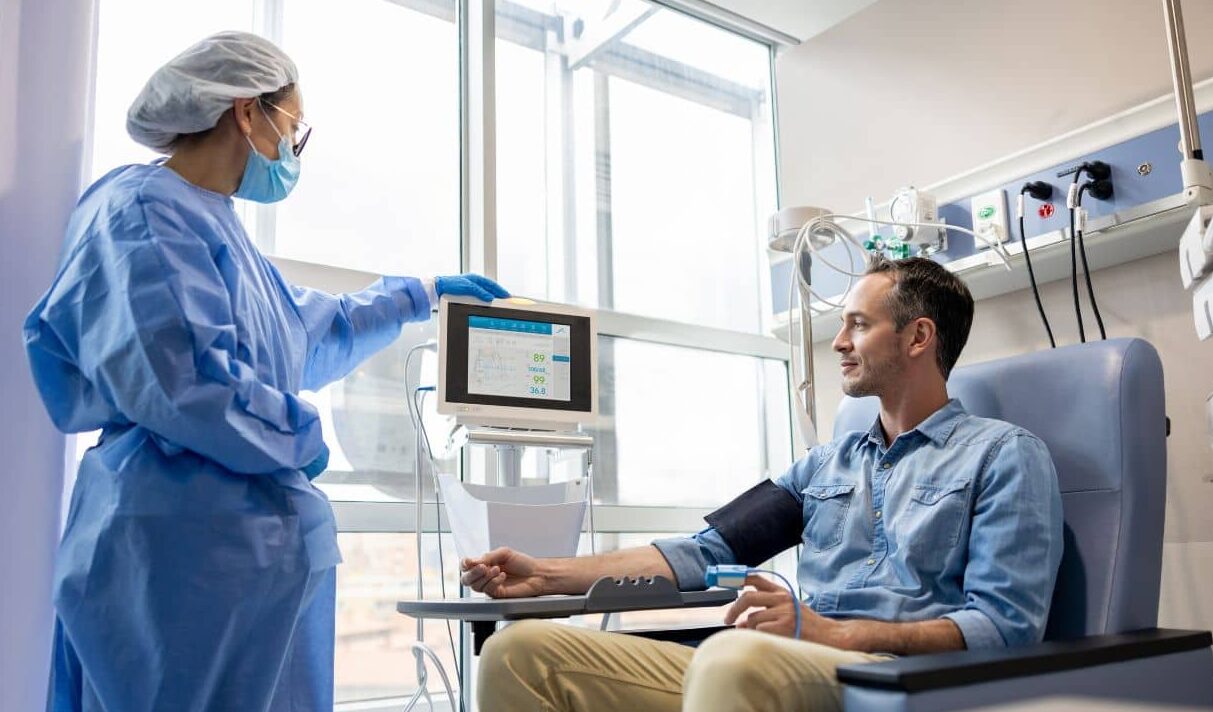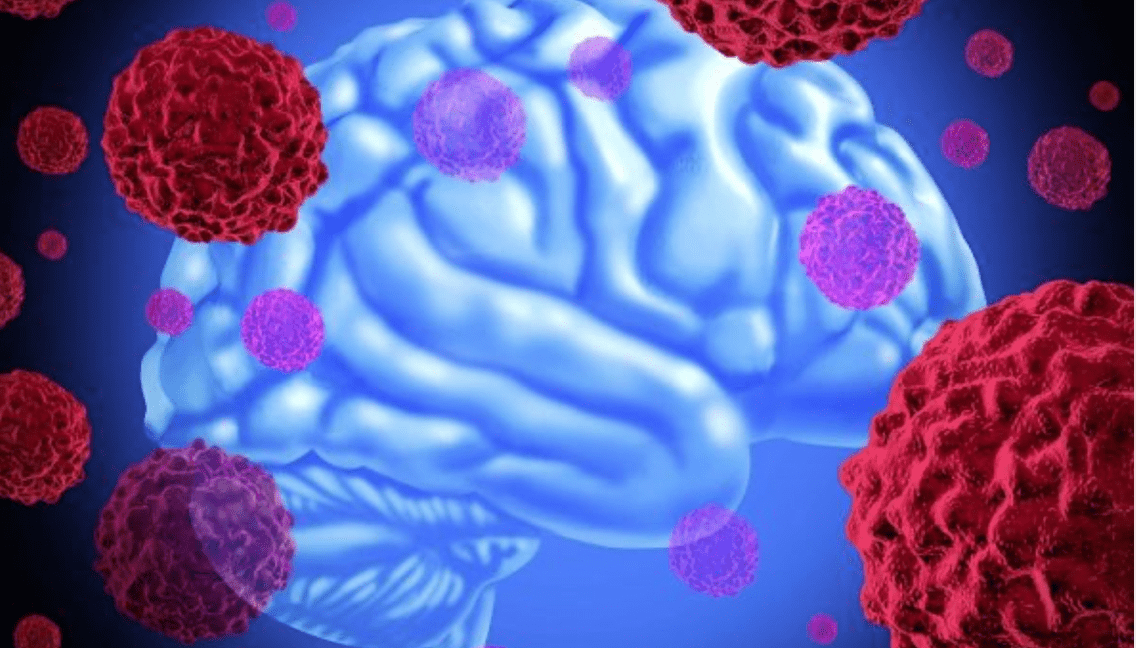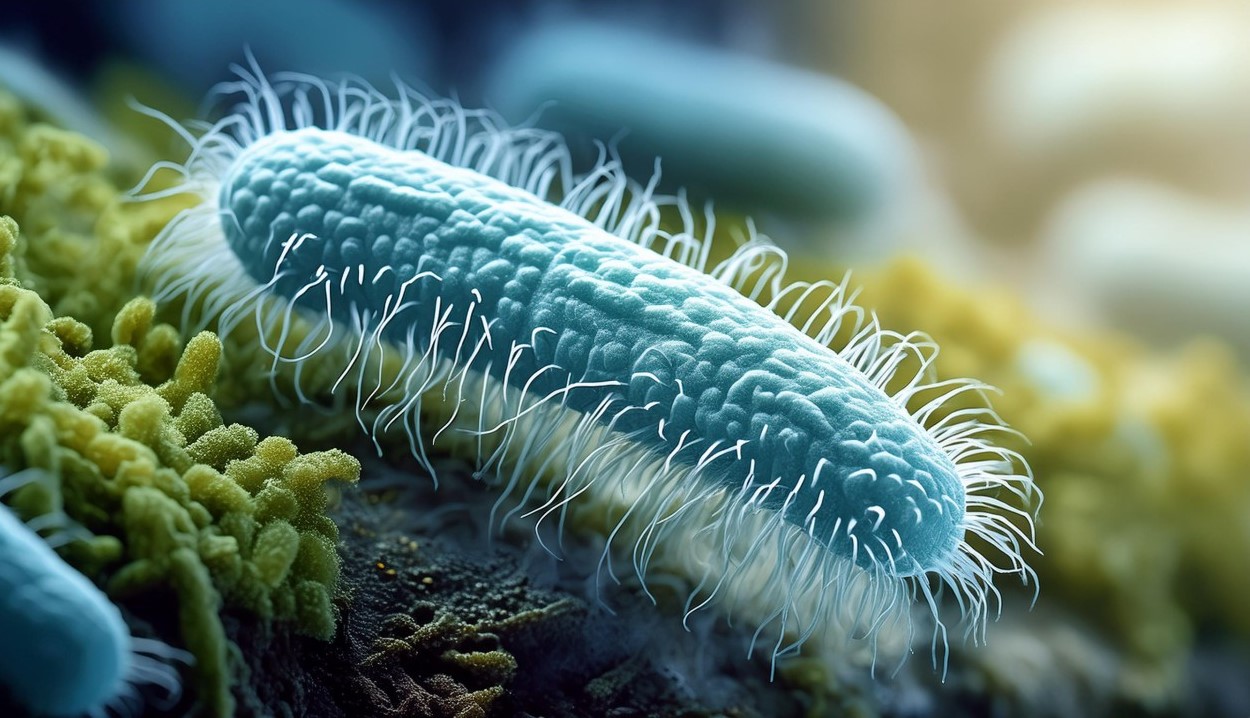-
 News
When glucose levels are low, chemotherapy ceases to affect cancer cells
News
When glucose levels are low, chemotherapy ceases to affect cancer cells
-
 News
Excessive treatment of prostate cancer in older men may reduce quality of life without increasing its duration
News
Excessive treatment of prostate cancer in older men may reduce quality of life without increasing its duration
-
 News
Brain cancer can be cured by viruses
News
Brain cancer can be cured by viruses
-
 News
Ways to reduce lymphatic pain in breast cancer have been found
News
Ways to reduce lymphatic pain in breast cancer have been found
-
 News
Scientists have turned bacteria into a powerful weapon against cancer
News
Scientists have turned bacteria into a powerful weapon against cancer
All news
Clinics for the treatment of mammological
Mammology — a branch of medicine specializing in pathological conditions and diseases of the breast.
Mammology is associated with inflammatory diseases, benign and malignant neoplasms, and injuries.
The mammologist is engaged in the prevention, diagnosis and treatment of breast diseases.
Early elicitation of breast diseases contributes to efficient treatment and speedy recovery. Therefore, it is important to regularly undergo a preventive examination by a mammologist.
MedTour patients recommend clinics for the treatment of mammological:
Doctors for the treatment of mammology
 Oleksandr Horetskyi Jr.
physiotherapist, Naturopath
Admission fee:
To be clarified
Oleksandr Horetskyi Jr.
physiotherapist, Naturopath
Admission fee:
To be clarified
 Manuela Seifert
Oncologist, Mammologist, Gynecologist, Obstetrician gynecologist, Plastic and reconstructive surgeon, Oncological surgeon
Admission fee:
To be clarified
Manuela Seifert
Oncologist, Mammologist, Gynecologist, Obstetrician gynecologist, Plastic and reconstructive surgeon, Oncological surgeon
Admission fee:
To be clarified
 Helena Puonti
Mammologist, Oncologist, Plastic surgeon, Microsurgeon
Admission fee:
To be clarified
Helena Puonti
Mammologist, Oncologist, Plastic surgeon, Microsurgeon
Admission fee:
To be clarified
Frequently Asked Questions
Foreign doctors-mammologists successfully carry out treatment:
- Malformations of mammary glands;
- Inflammatory processes (mastitis);
- Illness associated with an imbalance of hormones: fibrocystic mastopathy, gynecomastia;
- Benign neoplasms: cystadenopapilloma, lipoma, fibroadenoma;
- Malignant tumors: breast cancer, sarcoma, etc.
Risk factors for the development of breast diseases include:
- Complicated hereditary;
- Early onset of menstruation or late menopause;
- Taking oral contraceptives;
- Endocrine disorders and diseases;
- First birth after 35 years;
- Abortion;
- Stress.
A women’s consultation with a mammologist is necessary for:
- Annual preventive examination;
- Injuries and bruises of the chest;
- Planning a pregnancy or abortion;
- Lumps in the chest and nipple discharge;
- Changes in the size and shape of the breast;
- Pain in the breast or armpits;
- Breastfeeding if the breasts are sore, swollen, and the body temperature rises.
If you are a man and you notice swelling, induration or pain in your chest, you need to be examined by a mammologist urgently.
An annual check-up helps to detect and prevent the development of breast diseases.
The doctor will examine and feel the breasts. If necessary, the doctor will prescribe additional research — ultrasound or mammography.
With early diagnosis of breast diseases, the success of treatment increases significantly.
Mammography is the best method for detecting breast cancer. It’s an x-ray of the breast.
Breast pathological changes can be detected at a very early stage, before any symptoms appear.
The earlier the disease is detected, the more favorable the prognosis and more gentle treatment.
Diagnosis and treatment of breast diseases
Diagnostics of mammological diseases
In a foreign clinic, a qualified mammologist will conduct the following examinations to make a diagnosis:
- Consultation:
The doctor will ask about your complaints, study the medical history. Also, the doctor will examine and palpate the breast to identify possible seals, pain and other manifestations.
To make a diagnosis, the doctor will prescribe additional qxaminations:
Mammography:
Experienced doctors of leading clinics use this method to exclude or detect breast cancer.
- Hormonal spectrum of blood;
- Ultrasound;
- MRI or CT;
- Ductography:
X-ray with the introduction of contrast to assess the ducts of the mammary glands.
- Thermomammography:
An innovative diagnostic method. During the examination, the doctor determines the radiation and temperature of the tissue in the breast, which is the result of uncontrolled growth of cells.
- Biopsy:
The doctor will take a piece of breast tissue for further examination under a microscope.
- Cytological examination of nipple discharge.
For girls over 18 years old who have an increased risk of developing breast diseases, as well as for women over 25 years old, doctors recommend monthly self-examination of the mammary glands.
The best time for self-examination is 7 days after the start of your period.
Regular check-ups are the best way to prevent the development of breast disease. The earlier the disease is detected, the more chances you have to avoid complications and be completely cured.
Treatment of mammological diseases
Based on the results of the procedures performed, an experienced doctor will draw up an individual tactics for treating the disease.
Treatment options for breast diseases:
- Drug treatment;
- Radiation or chemotherapy;
- Surgical intervention:
- Resection (removal of part of the gland);
- Mastectomy (removal of the entire breast);
- Plastic surgery.
Published:
Updated:






